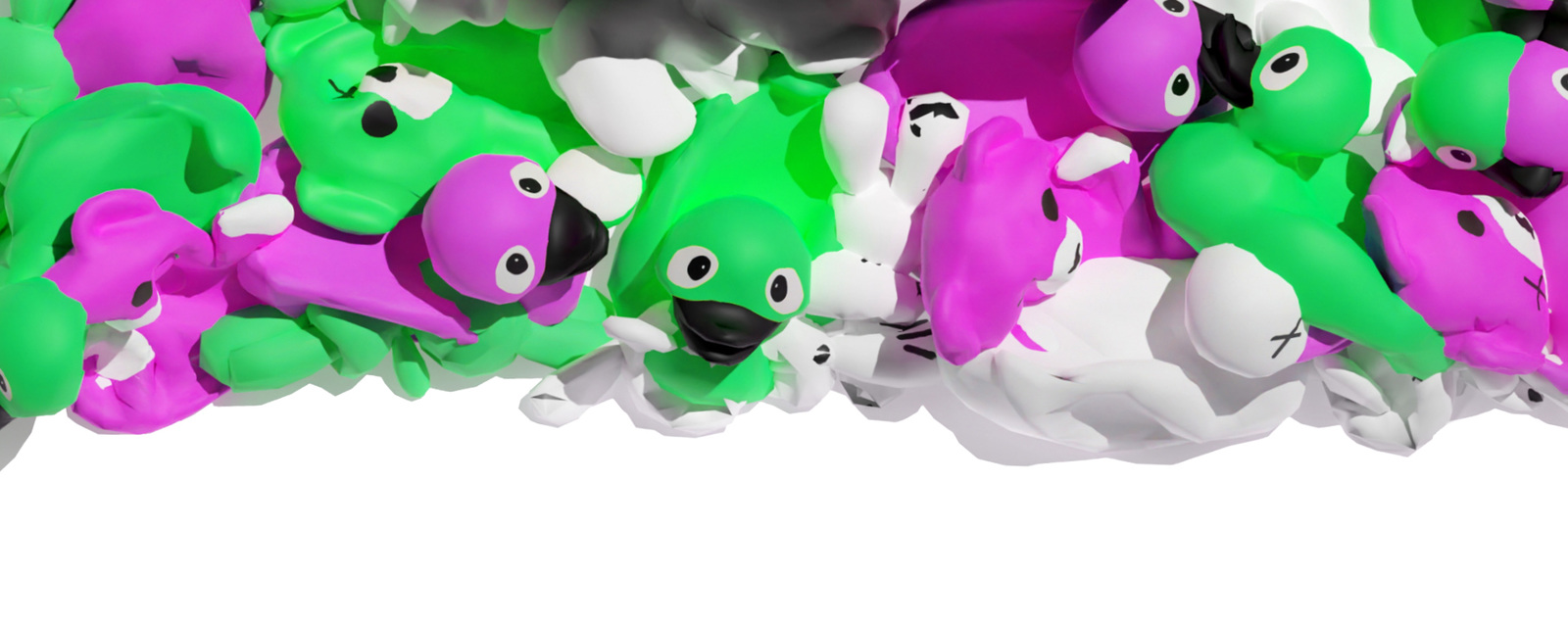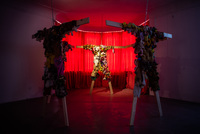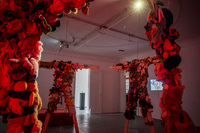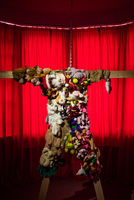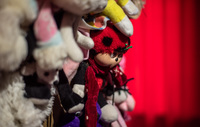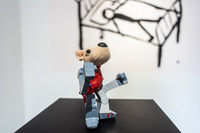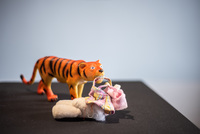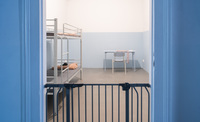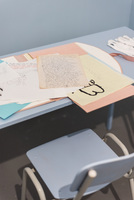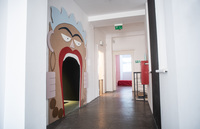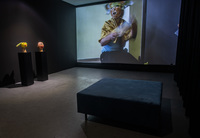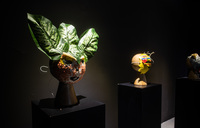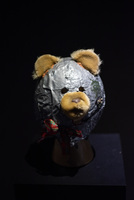All members of our society participate in the administration of punishment and should feel responsible for our penal system.
Gunnar Engstrom, Tidaholm County Director, Sweden
Prison is part of the social system, and societies delight in punishment. The word “punish” derives from words that mean, among other things, to abuse and to humiliate. In Michel Foucalt’s Discipline and Punish: The Birth of the Prison, spectators gathered in a square watch a cruel corporal punishment of a convict. Today, punishment is no longer a theatrical act, it takes place in an institution. According to Foucault, the prison is a spectacular manifestation of a system of surveillance over the entire society. The role of executioner is taken over by supervisors. There, isolation is accompanied by prohibitions, deprivation of agency and lack of autonomy. The supervisors and guards decide how the inmate is supposed to fold her clothes, when she can wash, whether she is allowed to grow flowers.
Founded in 1553 in England, the "Workhouse" was the first establishment focused on educating through instilling the habit of work. Today, inmates and detainees in Polish prisons continue to be subjected to primitive attempts at 'education' through punishment. Society has developed a form of isolation instead of social rehabilitation. It aims at instilling an awareness of the inevitability and severity of punishment. There is no room for developing social skills. Instead of acting as “mature citizens” prisoners can only “pretend to be adults”, as they are treated like children again.
Just as childhood is the moment when a person creates their relationship with the environment, the imprisonment is a condition when all natural relationships are drastically broken. On the other hand, imprisonment and isolation create the opportunity to experience liberating ideas through art with childhood being the reference point and the fairy tale being the medium as Eliza Proszczuk’s writes in her doctoral thesis Girls from the Castle, where she presents the effects of her activities with the inmates.
Visual artist Eliza Proszczuk shares with the inmates her best known tool for survival, self-discovery and growth. Exploring the notion of childhood as cell and culture as prison, she works with inmates during workshops where, for a while, she creates the sense of agency and individuality. Her workshops introduce elements of children's world. With the help of fairy tales and toys, we were able to go return to ourselves, to a time of unbroken peace, innocence and love from those around us. Child-like play becomes a substitute for adulthood. Creation becomes a moment of true freedom.
I found a huge clown among the toys, I attached his head to the shoulder of my jumpsuit, it was a strange feeling, as if I had two heads, a bit like a mirror, my mirror. I don't go for a walk in the prison yard, because it gets me down. I prefer sitting on my bunk and imagine that I am in my room. I prefer not leaving my cell. I prefer not getting out of bed. The prison yard is a cage. The yard is absurd enough, but with those jumpsuits we double the absurdity.
Małgorzta, 38, sentenced to life imprisonment, sewed a prison jumpsuit out of fluffy toys and after six years of staying in, she walked out to the yard to make a film.
Every morning, the inmates put on the obligatory beige, sleepwear-like jumpsuits. A bunk bed in a confined space is like a shared children's room. The bars on the doors and windows are reminiscent of the bars of children's playpens. They will always play the “convicts”. You never get out of this role. Both the guards inside the institution and the society outside stigmatise those serving time. Humiliation is inscribed in the life of the punished person, and the penal system mainly hits those excluded or being at risk of exclusion even before sentencing.
A man without a purpose is like a tiger in a cage, but an animal in a zoo is there for others to watch. But in prison? What is the tiger for? Not all animals in the zoo are tigers, sometimes there are sick birds too. And only animals born in the zoo don’t go crazy
Monika, 34 years old, 25 years of imprisonment
Eliza Proszczuk - visual artist, animator, educator, creates fabrics, spatial objects and collages. She graduated from the Academy of Fine Arts in Warsaw at the Faculty of Painting (2006) and Post St. Joost in Breda, Faculty of Visual Arts (2009). In 2015, she defended her PhD at her home Academy. She is a holder of the Ministry of Culture and National Heritage (2010, 2020) and ZAiKS (2014) scholarships. She currently works at the Academy of Fine Arts in Warsaw at the Faculty of Interior Design in the Fabric in Architecture Studio. She creates socially engaged art. She touches upon feminism, womanhood, and works with women in prison, patients of rehab centres, and people with refugee experience. A frequent starting point for her is the traditional art of north-eastern Poland.
- Exhibition
- 15 April ‒ 27 May 2022
- artist: Eliza Proszczuk
- curator: Katarzyna Kalina
- opening exhibition: 15.04. (Friday), 7:00-9:00 PM
- Guided tours: every Friday at 5:00 PM
- identification: Marcin Wysocki
- photo documentation: Julia Pałkowska
